detail profile vilmos vajdai
Peran Yang Di Mainkan Vilmos Vajdai
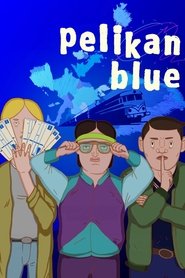 Hungary 1990s Travel abroad is finally...
Hungary 1990s Travel abroad is finally...Pelikan Blue 2024
Hungary, 1990s. Travel abroad is finally possible, but unaffordable. By forging international train tickets, three young people get to know the world.
 1989 is an important year in the...
1989 is an important year in the...Moscow Square 2001
1989 is an important year in the political history of Hungary. However, Petya and his friends couldn't care less. They are about to graduate high school. The only important things to them are the parties, girls, making some easy cash. And of course, passing the upcoming exam with the leaked questions.
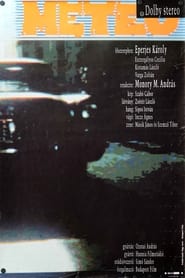 Eckermann Laszlo Kistamas is a listless...
Eckermann Laszlo Kistamas is a listless...Meteo 1990
Eckermann (Laszlo Kistamas) is a listless computer whiz who spends most of his time lounging in a bathtub holding imaginary conversations with cartoon characters usually more popular with children than grownups. He has some friends who want to use his skills to steal some money from a local gambling joint. He works out a scheme for his friends and returns to his tub. At some point along the way, he is joined in the water by a lovely Czech refugee, who (perhaps inadvertently) makes it possible for him to die there.
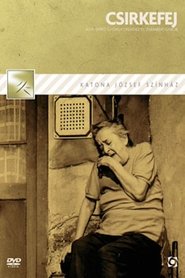 It is a tragedy set among...
It is a tragedy set among...Chickenhead 1986
It is a tragedy, set among low-lifes on the outskirts of Budapest. Dramatic Exchange describes it as "Widely considered to be the most important Hungarian play of the last 20 years". The odd title of the play refers in the first instance to the chicken heads that an old woman feeds to her cat. However, it can also be taken to refer more broadly to the obtuse behaviour of the main characters in the play. The play is an odd mixture of pathos and nihilism, written against the bleak background of Stalinist totalitarianism from which Hungary was emerging. As with much modern drama, there is no hero in the play. The only noble behaviour that one can find belongs to one of the characters in the past, when he was a child, but he is no longer as he was. The hint that what once existed might be achieved again is the only faint ray of hope in a very bleak view of the human condition.
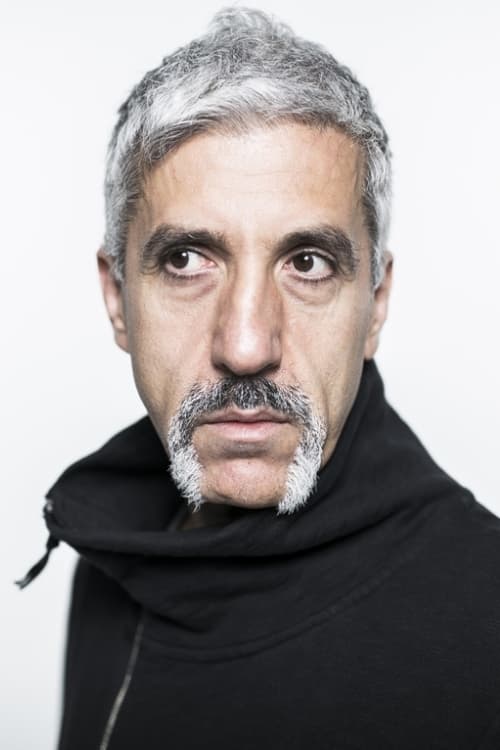
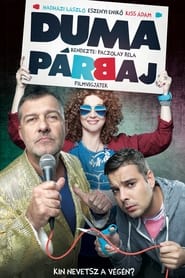
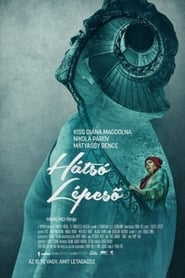 Hungarian short film based on the...
Hungarian short film based on the...

